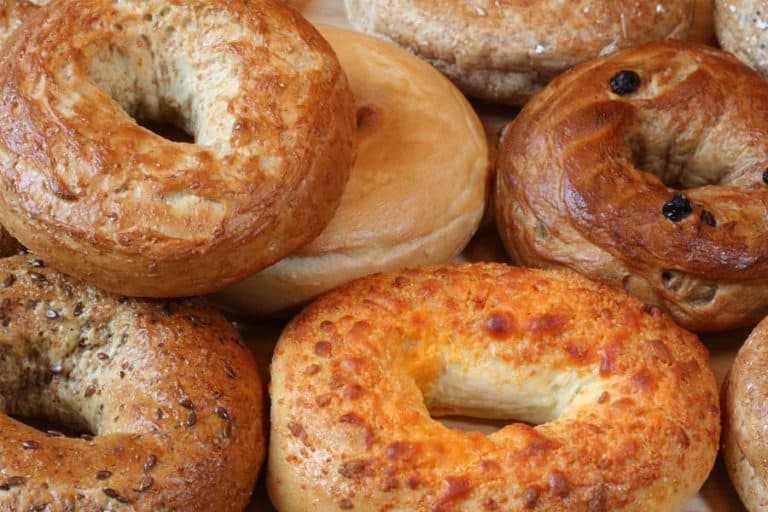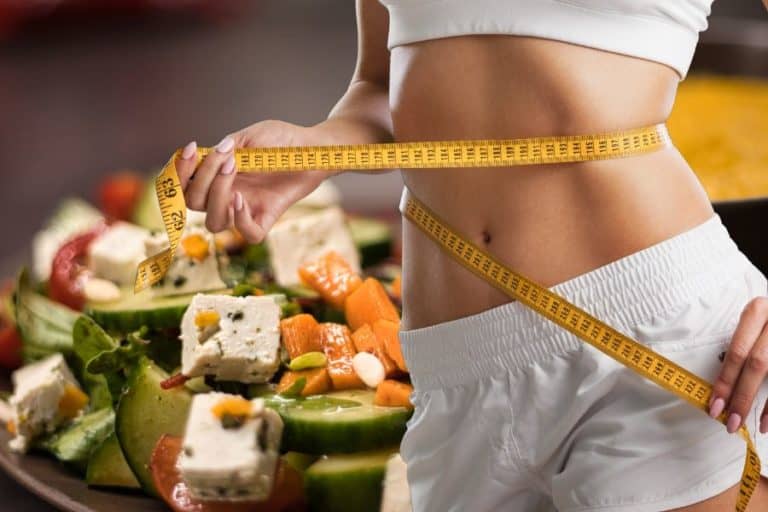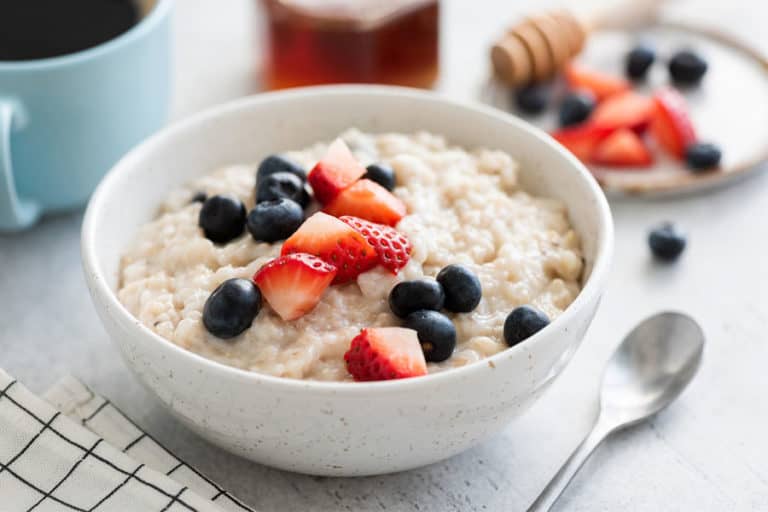Vegan Diet For Beginners: Types, Benefits, Tips, And Sample Meal Plan

Beginners tips | Foods to eat/avoid | Confusing foods | Types | Benefits | Risks | Supplements | Sample Diet plan
Veganism is a lifestyle choice that eliminates all animal products from a person’s diet, including meat, dairy, eggs, seafood, and even animal-derived products like honey. This diet is known to help with blood sugar management, weight reduction, and more health benefits.
Ethical and healthy as it is, this lifestyle comes with a set of challenges. Vegan diets can be difficult to follow and maintain, especially for those just starting out.
It is also criticized for certain health risks it poses, like nutritional deficiencies and poor energy levels.
But despite these challenges, understanding the basics of a vegan diet can make transitioning to veganism easy and safe for beginners.
Did you now?
According to a 2018 survey nearly 3% of Americans over 50 and nearly 8% of Millennials and Gen-Z have taken up veganism.
Vegan diet for beginners 101
Many beginners find it difficult to follow a vegan diet. But, with a little bit of effort, it’s definitely doable. Here are a few tips to help you make the transition:
1. Start gradually
Start by gradually reducing your intake of animal products. If you’re not ready to give them up entirely, try meatless Monday or swap out animal products for plant-based alternatives one day a week.
2. Learn about the health benefits
Educate yourself on the health benefits of vegan diet. Understanding why you’re making the switch will help you stick to it when you’re faced with tempting non-vegan foods.
3. Look for vegan substitutes for common foods
Find vegan substitutes for animal-based foods. There are plant-based alternatives for almost everything, from cheese and milk to chicken and beef. By finding replacements for the foods you love, going vegan will feel less like a sacrifice and more like an exciting new adventure.
Foods to eat and avoid on a vegan diet
A vegan diet is about eliminating all animal products from your diet and including whole plant foods.
As a beginner, before you start your vegan diet, you need to know what foods to eat and avoid.
| Foods to eat | Foods to avoid |
| Fruits and vegetables | Eggs |
| Tofu and tempeh | Meat and poultry |
| Nuts and seeds | Fish and seafood |
| Nutritional yeast | Dairy products |
| Plant-based oil | Animal derived fats |
| Whole grains, cereals, legumes | Honey |
Common confusing foods that are not vegan
Before beginning a plant-based diet, it’s important to know which foods are and are not vegan.
Here is a list of common foods that are often mistakenly considered vegan:
- Honey
- White sugar
- Refined flour
- Certain wines and beers
- Certain types of candy
- Certain types of chips
Types of vegan diets
For many people, the vegan diet is a way of life. It’s a commitment to not consume any animal products, including meat, dairy, eggs, and honey.
However, there are different types of veganism, and each person may follow a slightly different version of the diet.
The most common types of vegan diets include:
1. Whole food vegan diet
The whole-food vegan diet is based on plant foods that are unrefined and unprocessed. This means eating mostly fruits, vegetables, whole grains, legumes, nuts, and seeds.
This type of diet is rich in fiber, antioxidants, and phytochemicals. It has been shown to lower cholesterol levels and blood pressure, as well as improve blood sugar control.
2. 80/10/10
The 80/10/10 diet is a vegan diet that focuses on eating 80% carbohydrates, 10% protein, and 10% fat. This type of diet is often recommended for athletes or people who are looking to lose weight in a healthy way.
3. Raw vegan diet
The raw vegan diet [1]PubMed: Attitudes, practices, and beliefs of individuals consuming a raw foods diet is similar to the whole-food vegan diet in that it focuses on plant foods that are unrefined and unprocessed.
However, the raw vegan diet takes things one step further by only eating foods that have not been heated above 118 degrees Fahrenheit (48 degrees Celsius).
This type of diet is rich in enzymes and nutrients. It has been shown to boost energy levels and improve digestion.
4. Raw till 4
The raw till 4 diet is a variation of the raw vegan diet. As with the raw vegan diet, this type of diet focuses on plant foods that are unrefined and unprocessed.
However, the raw till 4 diets allows you to eat cooked plant-based food after 4 pm. This type of diet is a good option for people who want to eat a mostly raw vegan diet but still enjoy the occasional cooked meal.
5. HCLF (high carb, low fat) diet
The HCLF diet is a vegan diet that focuses on eating a higher amount of carbohydrates and lesser amounts of fat. This type of diet is rich in fiber and antioxidants.
According to a study [2]National Library of Medicine: A Plant-Based High-Carbohydrate, Low-Fat Diet in Overweight Individuals in a 16-Week Randomized Clinical Trial: The Role of Carbohydrates on HCLF plant-based diet, this diet has beneficial effects on body composition, weight, and insulin resistance.
High-carb and low-fat vegan diets can help improve blood sugar control, lower cholesterol levels, and reduce the risk of heart disease.
Benefits of a vegan diet
There are many potential benefits of following a vegan diet. Here is a list of benefits.
1. Maintains blood sugar and prevents type 2 diabetes
A vegan diet is naturally high in fiber and low in sugar. Fiber helps slow down sugar absorption into the bloodstream. This helps keep blood sugar levels stable and reduces the risk of developing type 2 diabetes.
2. Helps in weight loss
A vegan diet is typically lower in calories than a non-vegan diet due to the fact that it excludes high-fat animal products such as cheese and butter.
Additionally, plant-based foods such as fruits, vegetables, and whole grains tend to increase gastrointestinal hormones and satiety. [3]PubMed: A Plant-Based Meal Increases Gastrointestinal Hormones and Satiety More Than an Energy- and Macronutrient-Matched Processed-Meat Meal in T2D, Obese, and Healthy Men: A Three-Group Randomized … Continue reading This means that you are less likely to overeat when following a vegan diet.
3. Keeps your heart healthy
Saturated fat is known to increase cholesterol levels and contribute to heart disease. A vegan diet can help to reduce your cholesterol levels and lower your risk of heart disease.
4. Reduces arthritis
If you suffer from arthritis, following a vegan diet may help to improve your symptoms.
Inflammation is thought to be one of the main causes of arthritis pain. A vegan diet can help to reduce inflammation and improve your arthritis symptoms.
5. Improves kidney function
Following a vegan diet can also help to improve your kidney function. This is because a vegan diet helps to reduce the amount of work your kidneys have to do in order to filter out toxins from your body.
6. Reduces risk of cancer
Studies [4]PubMed: Vegetarian, vegan diets and multiple health outcomes: A systematic review with meta-analysis of observational studies have shown that following a vegan diet may help to reduce the risk of developing cancerous tumors.
A vegan diet helps to reduce inflammation throughout the body, which in turn reduces the risk of cancer. This is because it excludes high-fat animal products, which have been linked with an increased risk of cancer.
Risks of a plant-based diet
Although there are many health benefits to following a vegan, there are also some risks that you should be aware of.
1. Nutritional deficiencies
A major concern with any elimination diet is the possibility of nutritional deficiencies. When cutting out entire food groups, it is important to be aware of which nutrients you may be lacking and how to replace them.
2. Joint pains
Another risk associated with a plant-based diet is joint pain. This is because plants do not contain the same type of collagen that animals do.
Collagen is a protein found in connective tissue that helps to keep our joints healthy. When we consume collagen from animal sources, it helps to maintain the integrity of our joints and prevent pain.
Supplements for people on a vegan diet
As a vegan diet excludes nutrient-rich animal products, most vegans may miss out on some important nutrients.
For example, iron is found in animal products such as red meat, which is not part of a vegan diet. Fortified foods and vegan supplements can help to fill this nutrient gap.
Some of the most important supplements for people on a vegan diet include:
- Vitamin D
- Vitamin B12
- EPA and DHA
- Iron
- Iodine
- Calcium
- Zinc
Note: Commercial supplements may have animal-based ingredients such as gelatine or shellac. Therefore, it is important to check the label of any supplements you are considering to take.
Sample vegan diet meal plan
Eating vegan foods does not have to be complicated. There are plenty of simple and delicious vegan meals that you can include in your diet.
Here is a sample diet plan with more plant-based foods.
| Day | Breakfast | Lunch | Dinner |
| Monday | Coconut and banana pancakes | Roasted pasta salad with hemp pesto | Sweet potatoes with corn and bean salad and guacamole |
| Tuesday | Smashed avocado on vegan toast | Vegan tacos with vegetable salsa | Vegan chili bowl with quinoa |
| Wednesday | Almond berry baked oats | Black bean burrito bowl | Chickpea curry with rice |
| Thursday | Whole grain toast with hazelnut butter and banana | Vegan pumpkin mac and vegan cheese | Hummus bowl |
| Friday | Spinach and cherry tomato quiche | Jalapeno popper chickpea salad sandwich | Zucchini noodles with avocado sauce |
| Saturday | Tofu scramble with whole-wheat bread | Stir-fried veggies with brown rice | Vegan Caesar salad |
| Sunday | Orange and mint salad | Roasted rainbow vegetable bowl | Tempeh and broccoli stir-fry with soy sauce |
Conclusion
Vegan diet beginners should be aware of the potential risks and deficiencies associated with this diet.
That being said, following a vegan diet can actually have many health benefits. Supplements and fortified foods can help to fill any nutrient gaps arising from this diet. Consult your personal dietician to help you get the nutrients you may be at risk of lacking.
References







